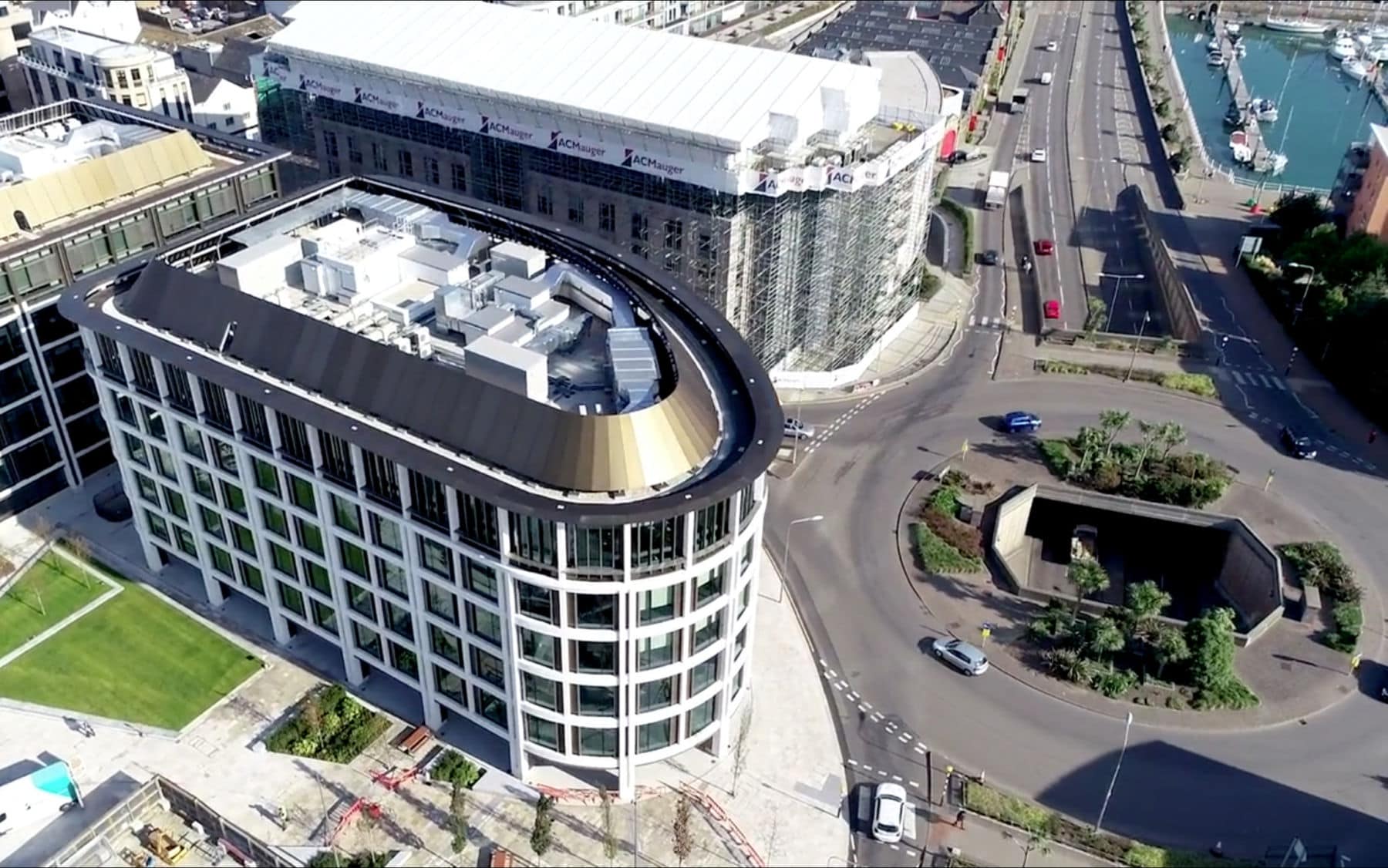Q: Tell us about the Citizens’ Assembly – who was on it, what was its purpose?
Emelita Robbins (ER): The Citizens’ Assembly was made up of 45 islanders from all walks of life, brought together to consider “how should we in Jersey work together to become carbon neutral?”. Participants took part in 15 sessions, which happened virtually between March and May 2021, collectively spending some 1,500 hours listening, learning and deliberating before producing recommendations.
Q: What areas did the Citizen’s Assembly particularly focus on? And can you highlight some of the key recommendations put forward by the Citizen’s Assembly?
ER: The Citizens’ Assembly focused on the two highest emitters of carbon on island – the transport, and heating, cooling and cooking sectors.
Participants were keen to see an immediate and just transition to low-carbon transport by 2030. They recognized that a key tenant of achieving this would be the introduction of an improved public transport system that could form the primary mode of transportation on island. Other specific recommendations included a ban on the registration of new fossil-fuelled vehicles after 2025 and the introduction of infrastructure to support the use of electric vehicles.
When it came to heating, cooling and cooking, participants advocated for changes that would see the implementation of planning policy and building bye-laws that would introduce carbon-neutral standards by 2023, as well as the adoption of renewable energy technologies. Participants also favoured the introduction of a mandatory property ‘Energy Performance Certificate Scheme’ by 2025 to be used at the point of sale or rental.
In relation to power generation, opportunities for communal power generation were recognized and recommendations made for certain sectors to install renewable energy sources. Other recommendations supported the use of bio-fuels to mitigate current emission levels.
The appointment of a Minister for Energy with a new ministerial portfolio for energy and climate change, who would be charged with overseeing the transition to net-zero was recommended. Many participants felt strongly that this would assist in overcoming some of the short-termism mindset difficulties that traditionally arise in politics that is the inability of leaders to look beyond their current term of office when it comes to prioritising policies. The consequence of which is that often long-term climate policies go to the bottom of the priority list for the sake of political expediency.
The recommendations collectively evidenced a desire to see Government take immediate action and this was underlined by the call to achieve carbon neutrality by 2030.
Q: What role did the Citizen’s Assembly see for the finance industry?
ER: Participants called upon the local industry to demonstrate a commitment to supporting the transition to net zero, advocating that entities leverage their power to ensure that funding for green projects is prioritized and conversely financial support for harmful activities reduced.
Participants recognized that the size and strength of the sector in Jersey creates a real opportunity for it to take a leading role as a sustainable finance centre.

Q: What particularly encouraged you during the work of the Citizen’s Assembly?
ER: Without exception, each participant wholeheartedly committed enthusiastically to the process and valued the opportunity to directly engage with political decision makers in this way. The process was inquisitorial in nature and through the sharing of information, the questioning of it first in small groups and then in plenary sessions, an effective collective intelligence was created.
There was pragmatic recognition that change involves both mitigation and adaptation. Different opinions were expressed and debated, and every member of the assembly contributed to the outcomes. It was a great example of how modern participatory democracy can work.
Q: Thinking about COP26, what do you think are the main challenges that stand in the way of Jersey achieving the objectives of the Paris Agreement?
ER: I suspect that the main challenges faced by Jersey are the same as those being addressed in many other jurisdictions. There are plenty of ideas on how net zero might be achieved, but success will depend on whether leaders effectively communicate the importance and benefits of policy changes and green initiatives to citizens and other stakeholders.
The goals of the Paris Agreement will be achieved not by the actions of governments alone, but by broad participation from whole communities. It is incumbent on governments to solicit that engagement and to work effectively with the private sector, and to secure funding for green initiatives from a range of sources.
Q: What’s next for the Citizen’s Assembly recommendations?
ER: The recommendations of the Citizens’ Assembly have been debated by the States Assembly and inform the basis of the preferred strategy for the Carbon Neutral Roadmap that has been presented to the States Assembly. This will be debated again in the New Year with the intention that the States Assembly shall adopt it before the elections in June 2022.
Jersey Finance looks forward to supporting the upcoming publication of the Carbon Neutral Roadmap, by engaging with its Members to help deliver on its ambitions for sustainable finance on a sustainable island. You can find out more about Jersey Finance’s Sustainable Finance vision and strategy here, and more about the Citizen’s Assembly here.
